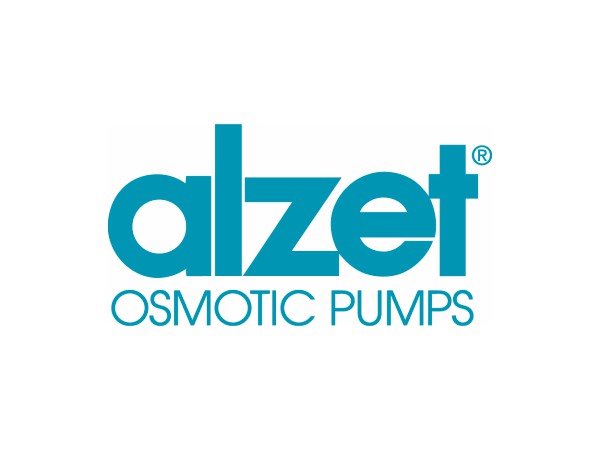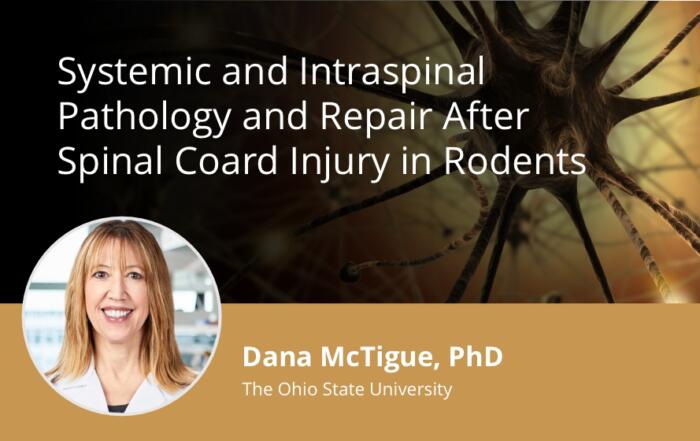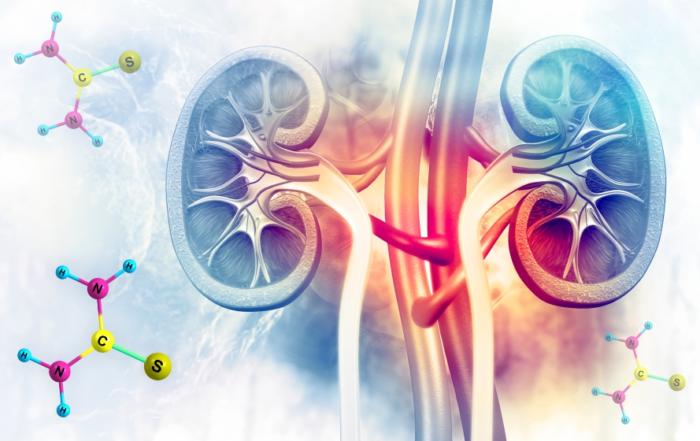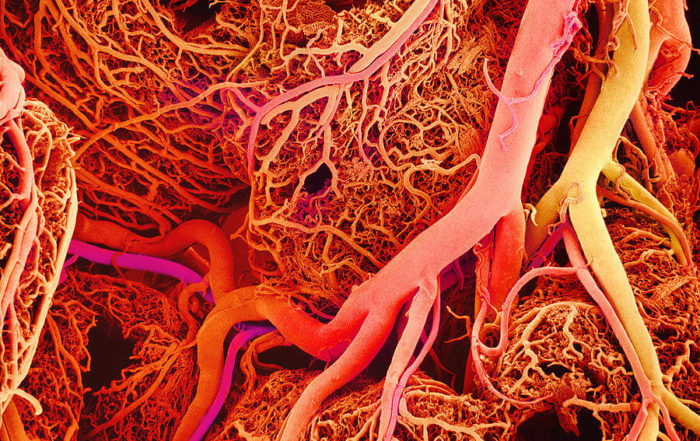Matthew Sparks, MD, explores the vascular-tubular crosstalk in the renin-angiotensin system that may play a key role in the regulation of pressure natriuresis.
A major pathway in hypertension pathogenesis involves direct activation of ANG II type 1 (AT1) receptors in the kidney, stimulating Na+ reabsorption. AT1 receptors in tubular epithelia control expression and stimulation of Na+ transporters and channels. Recently, Dr. Sparks’ team found reduced blood pressure and enhanced natriuresis in mice with cell-specific deletion of AT1 receptors in smooth muscle (SMKO mice). Although impaired vasoconstriction and preserved renal blood flow might contribute to exaggerated urinary Na+ excretion in SMKO mice, they considered whether alterations in Na+ transporter expression might also play a role.
Using proteomic analysis, they found that levels of Na+-K+-2Cl– cotransporter isoform 2 (NKCC2) and Na+/H+ exchanger isoform 3 (NHE3) are reduced at baseline in SMKO mice, accompanied by attenuated natriuretic and diuretic responses to furosemide. During ANG II hypertension, they found widespread remodeling of transporter expression in wild-type mice with significant increases in the levels of total NaCl cotransporter, phosphorylated NaCl cotransporter (Ser71), and phosphorylated NKCC2, along with the cleaved, activated forms of the α- and γ-epithelial Na+ channel. However, the increases in α- and γ-epithelial Na+ channel with ANG II were substantially attenuated in SMKO mice. This was accompanied by a reduced natriuretic response to amiloride. Thus, enhanced urinary Na+ excretion observed after cell-specific deletion of AT1 receptors from smooth muscle cells is associated with altered Na+ transporter abundance across epithelia in multiple nephron segments. These findings suggest a system of vascular-epithelial in the kidney, modulating the expression of Na+ transporters and contributing to the regulation of pressure natriuresis.
Key Topics Include:
- The role of vascular angiotensin receptors in establishing basal blood pressure
- Vascular angiotensin receptor modulation of sodium excretion in the kidney
- How blood pressure and not angiotensin receptors contribute to cardiac hypertrophy in hypertension
- The role of the renin-angiotensin system to blood pressure control
- The compensatory mechanisms contribute to blood pressure regulation in absence of angiotensin receptors
Resources
To retrieve a PDF copy of the presentation, click on the link below the slide player. From this page, click on the “Download” link to retrieve the file.
Presenters
Associate Professor
Nephrology
Duke University












